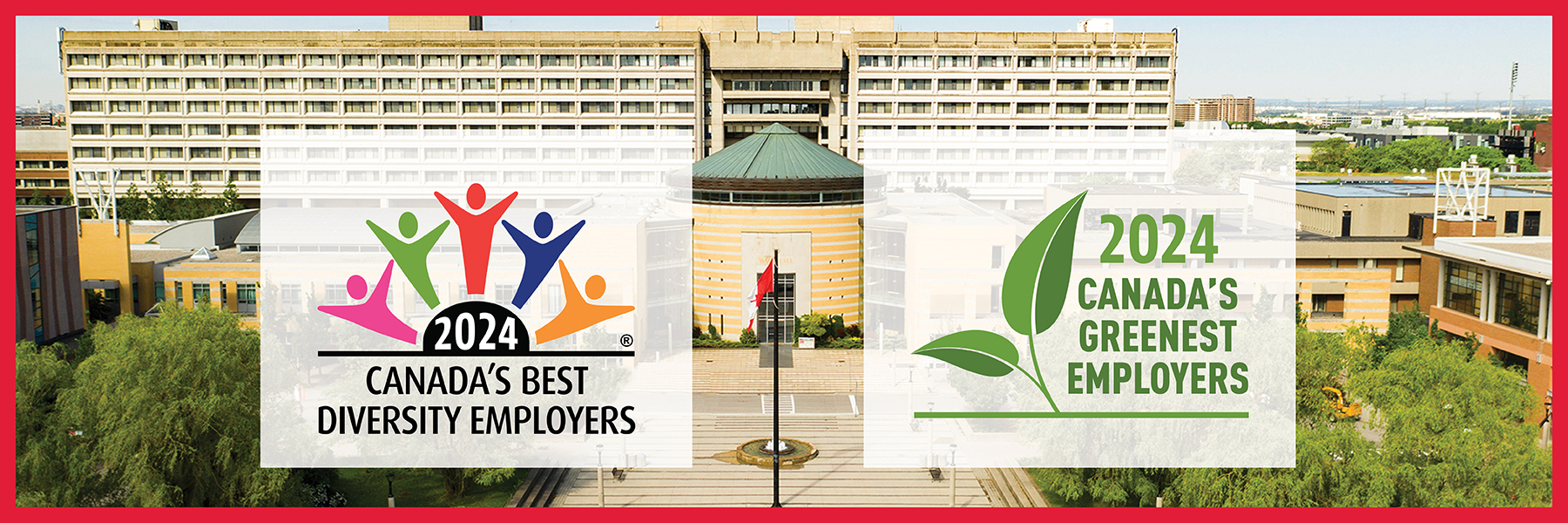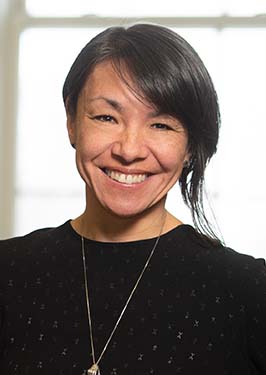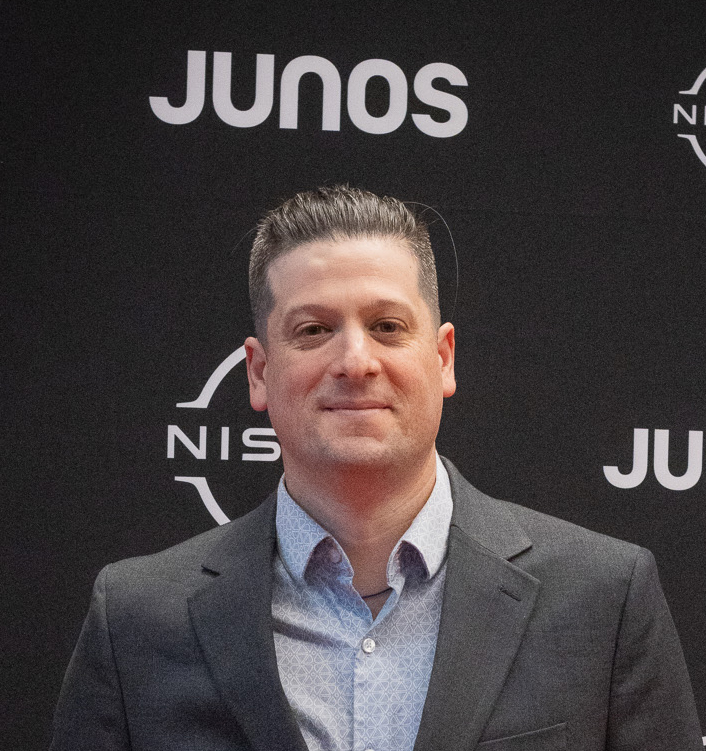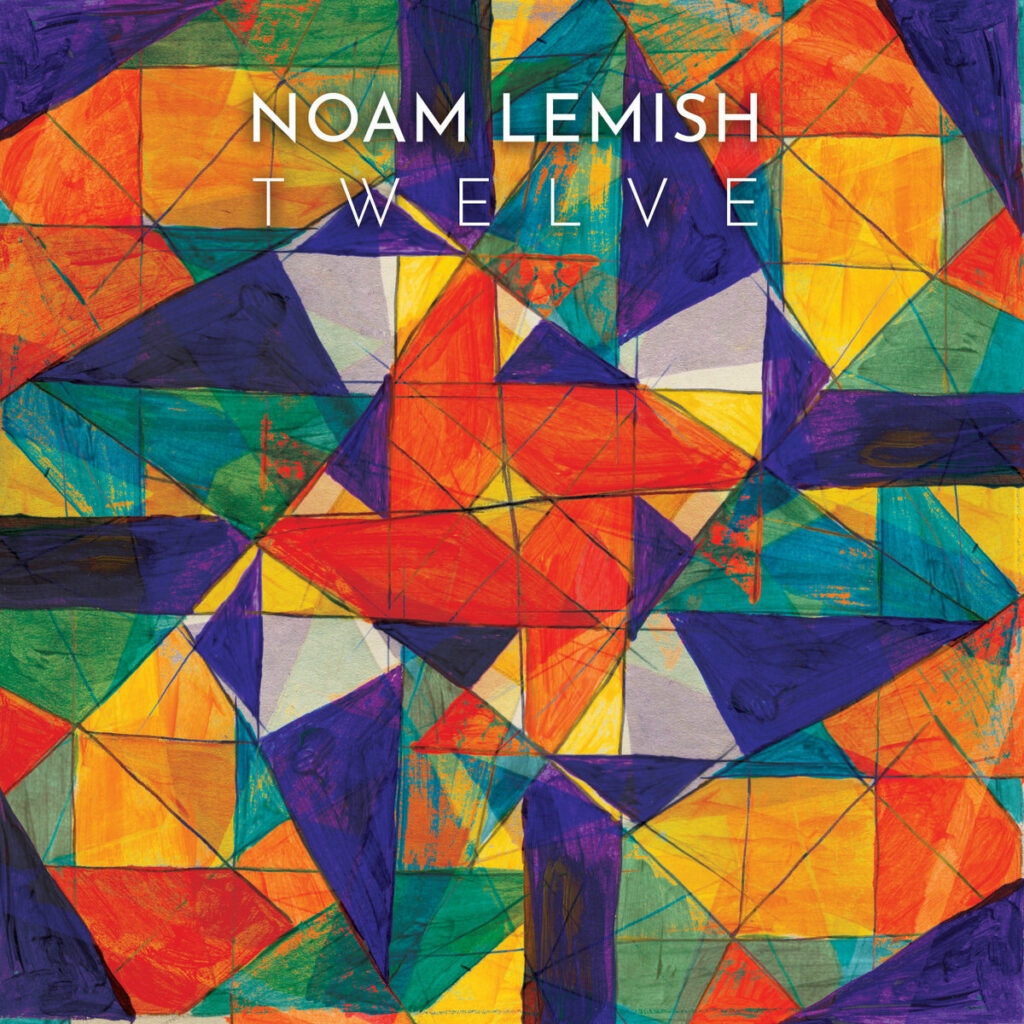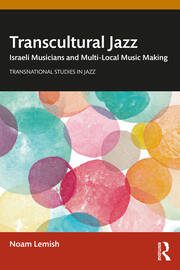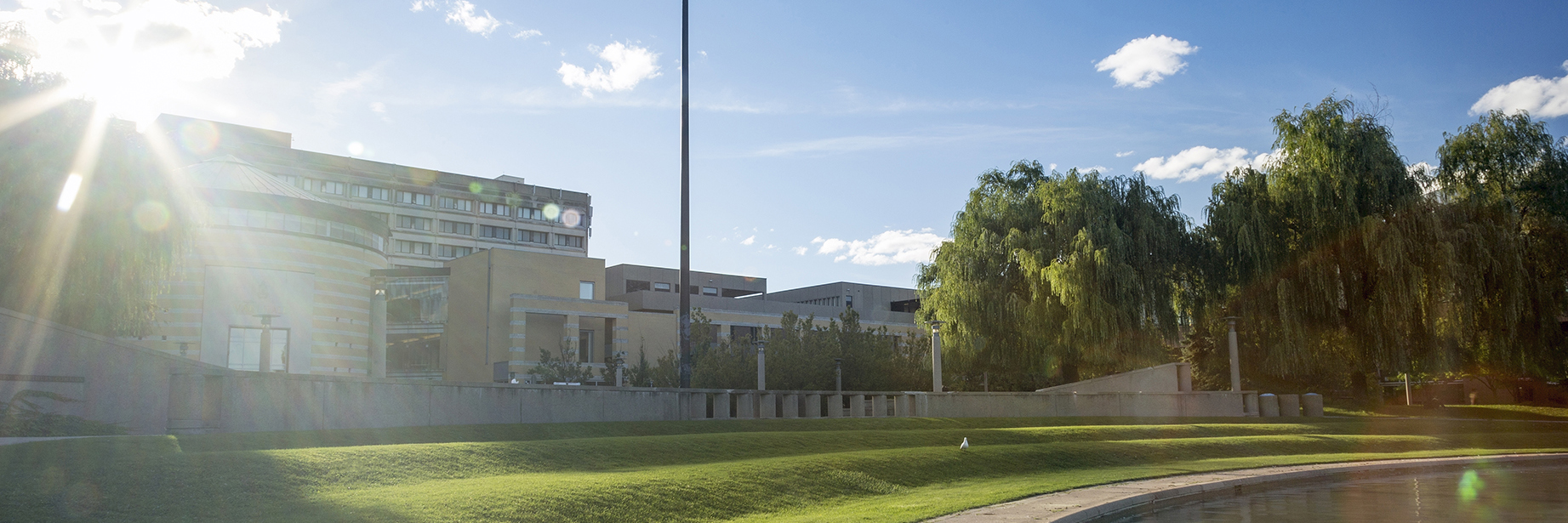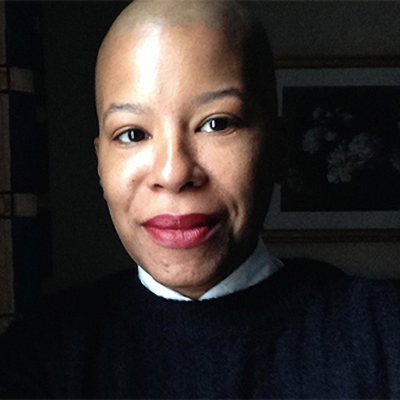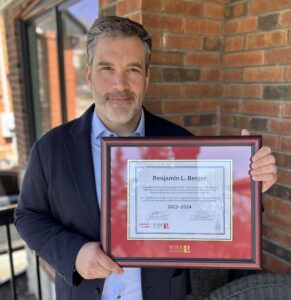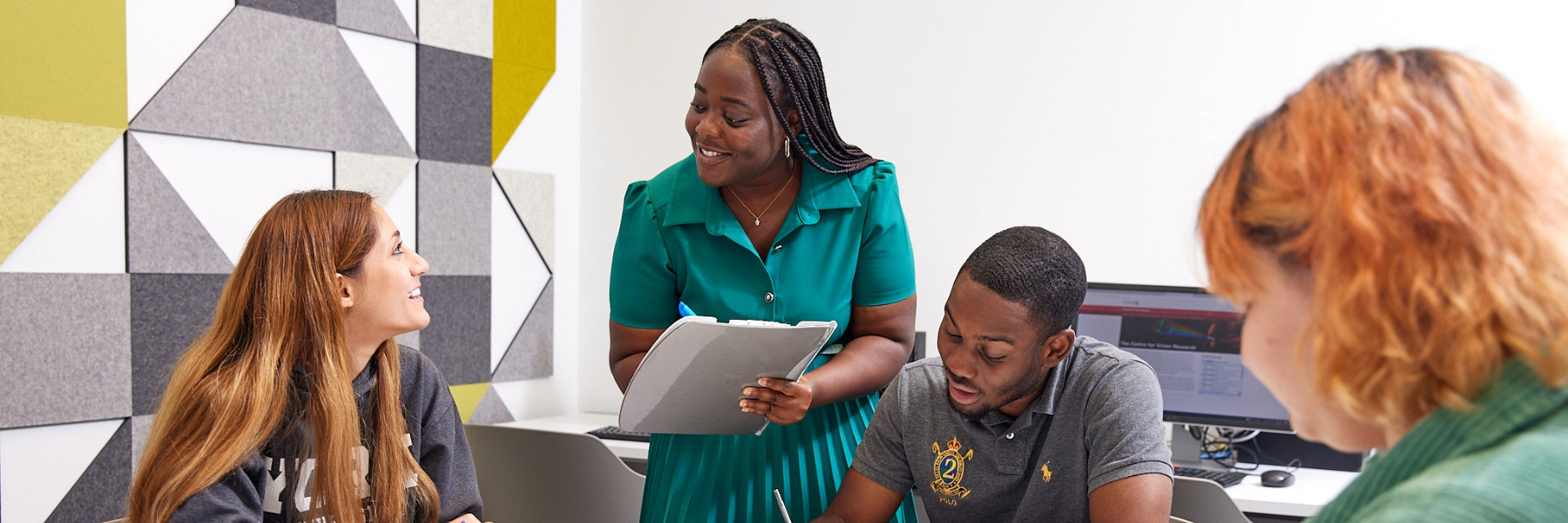Six Indigenous scholars at York University have been awarded a combined $204,298 in new funding from the latest round of Indigenous Research Seed Fund Grants to explore language revitalization, Indigenous-led land restoration, decolonizing physical education curriculum and more.
The York Indigenous Seed Fund was established in 2021 by the Office of the Vice-President Research & Innovation in collaboration with the Office of the Vice-President Equity, People & Culture, the Centre for Indigenous Knowledges & Languages (CIKL) and the Indigenous Council, an internal committee at York that works to improve access, input and opportunities for Indigenous peoples in higher education. The fund aims to build on the University’s ongoing commitment to support Indigenous early career researchers, their knowledge creation and the Indigenous communities they are working with.
“York University is wholly invested in advancing Indigenous research excellence, recognizing the critical importance Indigenous perspectives have in the pursuit of new knowledge and learning capable of creating positive change,” said Amir Asif, vice-president research and innovation. “The seed fund grants contribute to an emerging area of research expertise at York focused on Indigenous futurities, which emphasizes scholarship that can directly benefit Indigenous communities and imagines a brighter future for nations, communities and individuals.”
Recipients of these grants, supported through CIKL and the Office of the Associate Vice-President Indigenous Initiatives, include:
- Rebecca Beaulne-Stuebing, assistant professor, Faculty of Education
“Gekinoomaadijig Mashkiki Gitigaaning Endazhi-Baakwaanaatigikaag: Restoring Urban Land Relations through Indigenous Leadership, Towards Establishing a Land Education Collaboratory” - Kiera Brant-Birioukov, assistant professor, Faculty of Education
“Research Support to Conduct Literature Review for 2024 SSHRC Insight Application” - Ashley Day, assistant professor, School of Kinesiology & Health Science
“Wiisokotaatiwin – Gathering to Discuss & Re-Imagine Health & Physical Education” - Jeremy Green, assistant professor, Department of Humanities, Faculty of Liberal Arts & Professional Studies
“Tehontenhnhonterontáhkwa ‘That by which they are connected’ – Co-creating supportive learning environments for second language learner teachers of Kanien’kéha ‘Mohawk’, an indigenous language” - John Hupfield, assistant professor, Faculty of Education
“The miikaans: movement lab”
“These projects cultivate positive relationships between university-based researchers and Indigenous communities,” said Susan Dion, associate vice-president Indigenous initiatives, who served as co-chair of the committee that reviewed the applications alongside Sean Hillier, interim director of CIKL.
“The institutional commitment to supporting these scholars through the Indigenous seed grant will have impacts beyond their own work and will reverberate throughout the Indigenous communities and peoples they engage with, as well as the wider York community,” said Hillier, as institutional grants for early career researchers provide not only support for foundational and pilot projects but often lead to larger grant proposals.
“The seed fund program is not only about supporting these specific researchers and research programs; it represents a longer-term and wider-ranging commitment to creating conditions in which Indigenous students, colleagues and communities can thrive at York,” said Laina Y. Bay-Cheng, interim vice-president equity, people and culture.
York’s University Academic Plan 2020-2025 affirmed its commitment to the Indigenous Framework and identified six priorities for action for building a better future, including stronger relationships with Indigenous communities.
Additionally, York’s Strategic Research Plan 2023-2028 (SRP) identifies Indigenous futurities as an opportunity to help research make a positive impact on Indigenous communities and advance social, cultural, artistic, legal, policy, economic and justice areas that holistically shape Indigenous experience.
The Indigenous Research Seed Fund supports the goals of York’s Academic Plan and SRP. The pilot round of the fund awarded a total of $204,298 to 10 scholars in May 2022.





